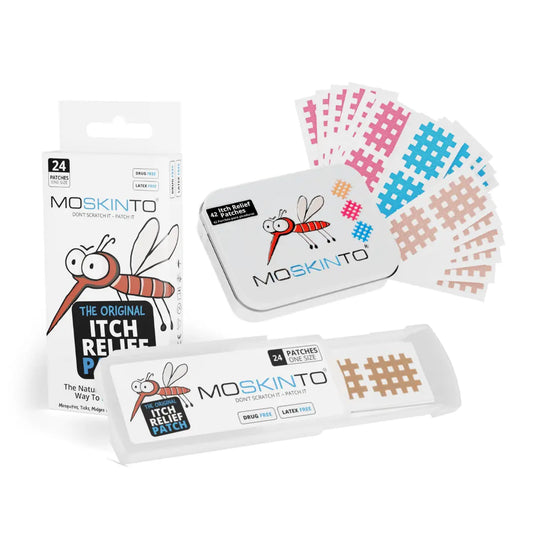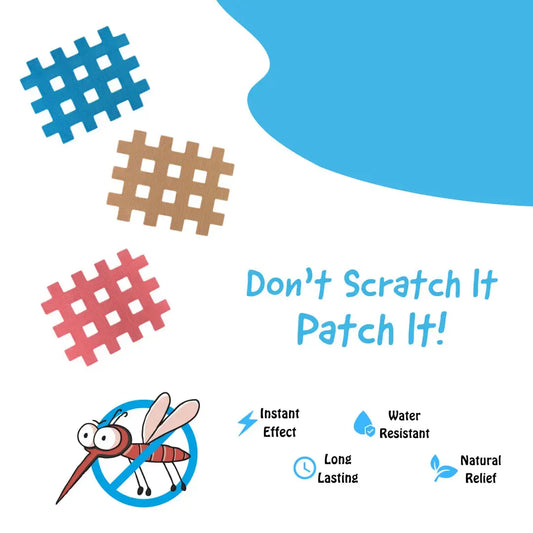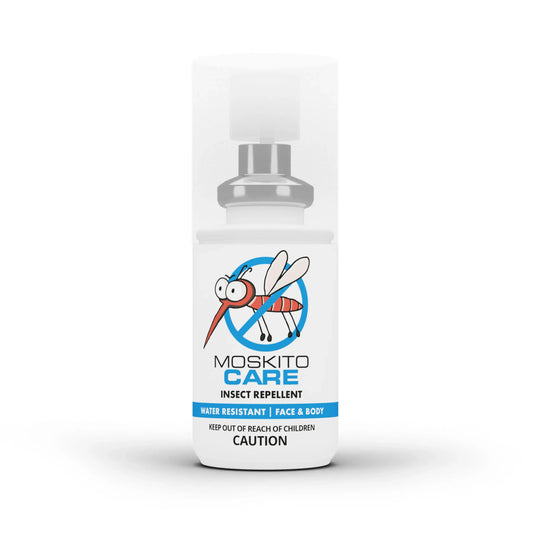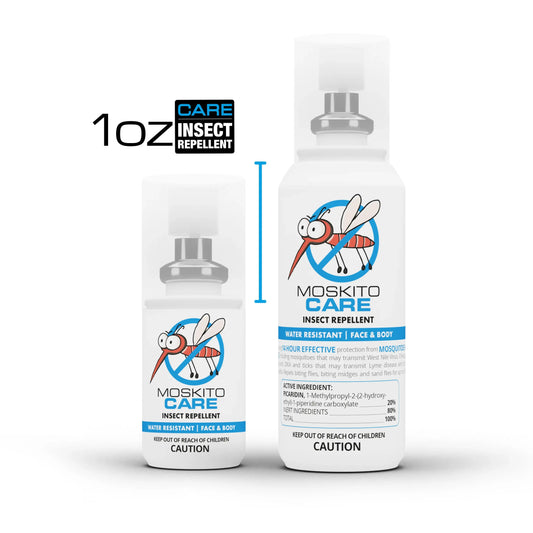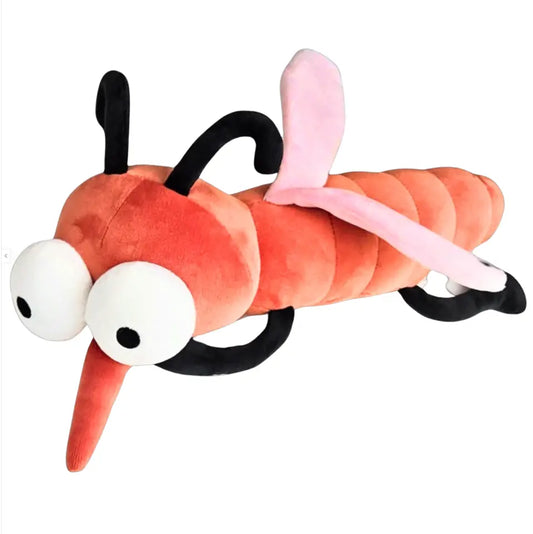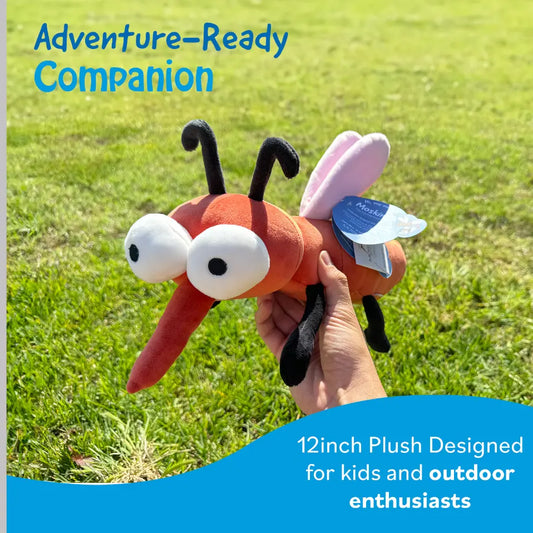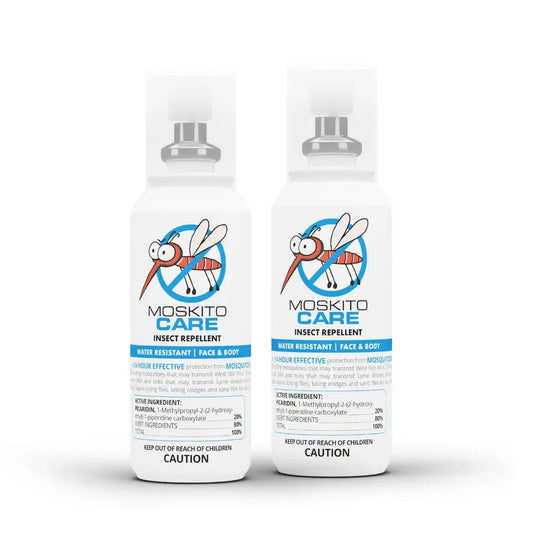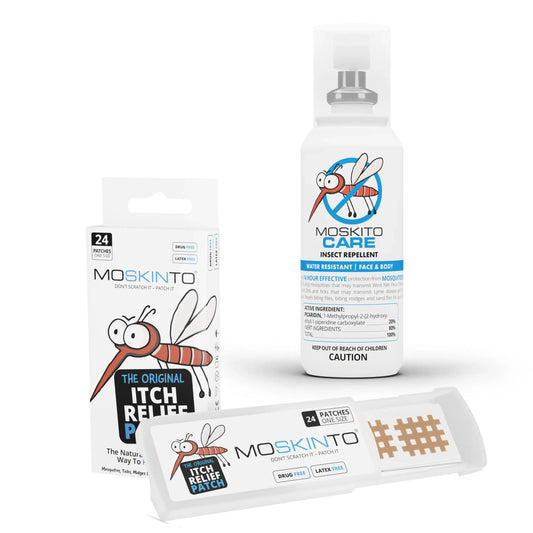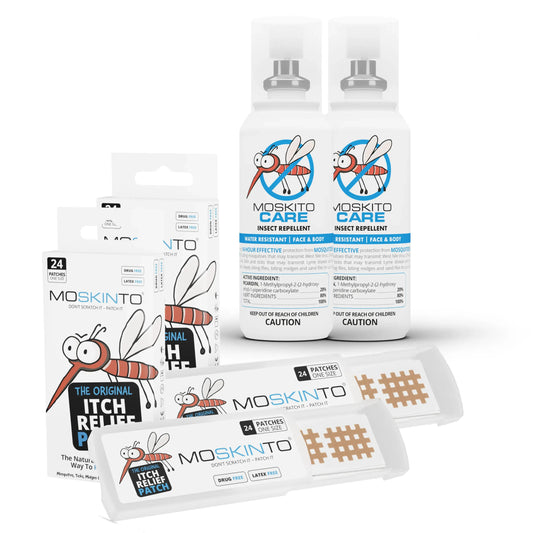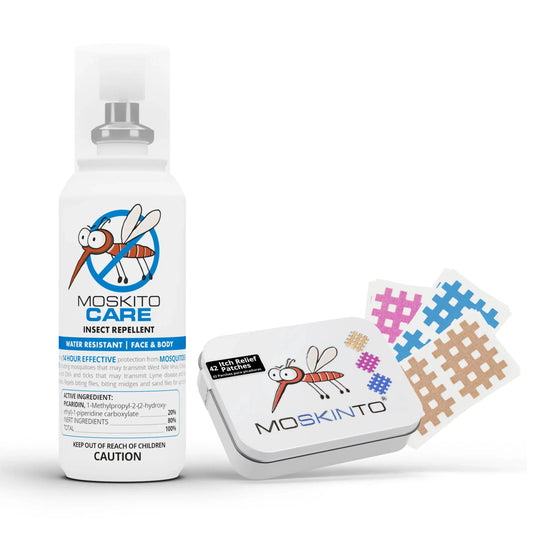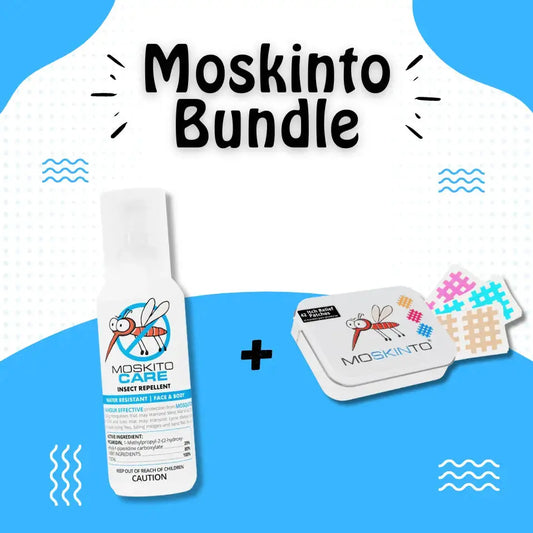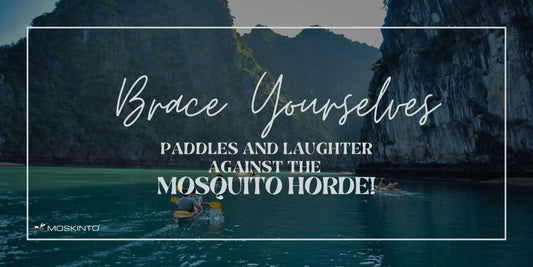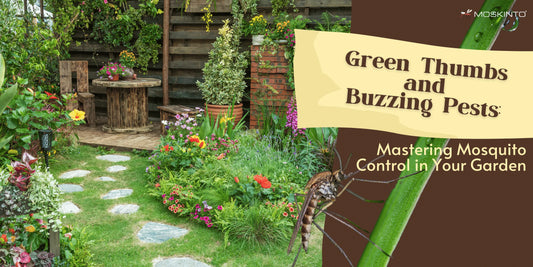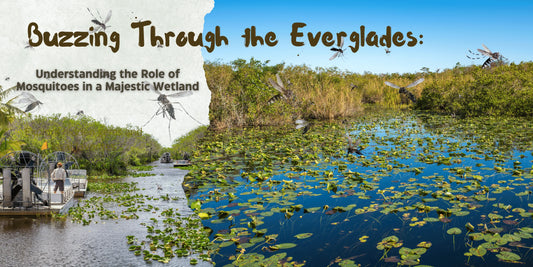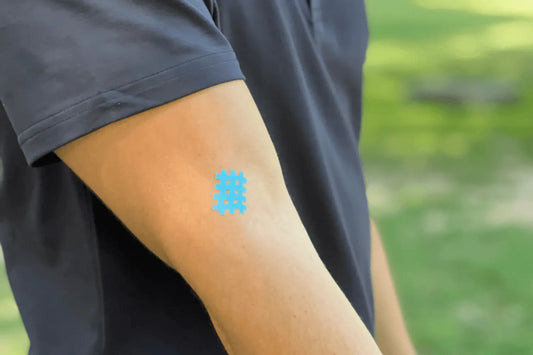Buzzing Through the Everglades: Understanding the Role of Mosquitoes in a Majestic Wetland
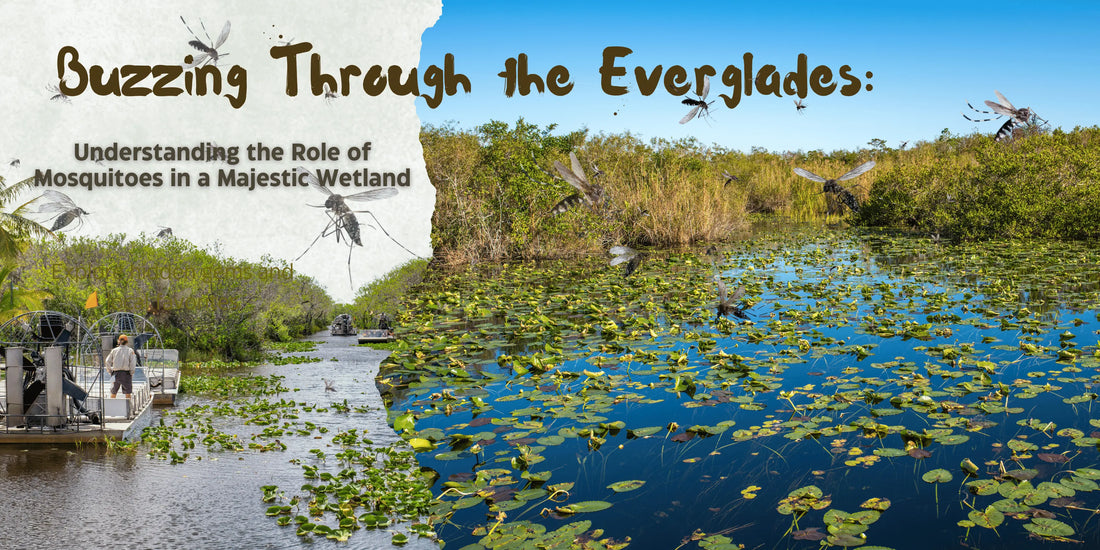
Welcome to Everglades National Park in sunny Florida, a UNESCO World Heritage Site renowned for its vast and vibrant wetlands that pulse with life. Stretching over 1.5 million acres, this network of marshes, mangroves, and sawgrass prairies represents one of the most significant treasures of ecological diversity in the United States. As a keystone of biodiversity, the park supports a complex web of life, where every creature plays a part-including the often-misunderstood mosquito.
In the midst of this mosaic of wet environments, mosquitoes are not merely nuisances-they are integral to the natural order, serving as pollinators and as a crucial food source for many Everglades species. Amidst a backdrop of striking landscapes and wildlife, areas like Flamingo draw in visitors as a gateway to adventure and discovery within the park's lush confines. Join us as we delve into the ecological tapestry of the Everglades, where mosquitos dance their age-old ballet, and unveil the extraordinary role these tiny insects occupy in this unparalleled habitat.
Exploring the Ripple Effect: Mosquitoes in the Everglades Ecosystem
The Everglades National Park is a rich tapestry of biodiversity that thrives in balance. Within this balance, mosquitoes play a surprisingly influential role. As minuscule as they may seem, their impact on wildlife and biodiversity is both profound and indispensable. Let's delve into how these tiny insects shape the life around them.
The Puzzle Piece of the Everglades Food Web
At first glance, mosquitoes might be viewed solely as pests, but a closer examination reveals their critical position in the Everglades food web. Mosquitoes serve as a plentiful food source for a variety of species, from fish to birds. This essential role supports the survival of numerous native predators and maintains the park's ecological integrity.
Tides of Change: Mosquito Populations and Wildlife
Fluctuations in mosquito populations can have ripple effects throughout the ecosystem. An increase in mosquitoes can lead to a boom in the populations of species that prey on them. Conversely, a drop in mosquito numbers could strain the food resources for certain animals, potentially altering the balance of the ecosystem and affecting the health of the wetlands.
Endangered Species: A Fragile Balance
- The Cape Sable seaside sparrow, already on a delicate footing, relies on a balanced ecosystem that could be disrupted by significant changes in mosquito dynamics.
- The American crocodile and the snail kite may face indirect challenges due to variations in the populations of their prey, influenced by mosquito numbers.
- Mosquitoes, in their larval stages, serve as a crucial resource for fish and other aquatic species that are a vital link in the food chain to Everglades raptors.
As these instances illustrate, the existence and well-being of endangered species within the park are tightly interwoven with the web and flow of mosquito populations, rendering these insects far more than just nuisances but keystones in the park's environmental health.
Mosquito-Borne Diseases and Public Health Concerns
When exploring the lush and diverse environment of the Everglades National Park, it's essential to be mindful of the less welcome inhabitants-mosquitoes. Not only can they be a nuisance, but they can also pose real threats to public health by transmitting dangerous diseases.
Overview of Diseases Carried by Everglades Mosquitoes
The Everglades is home to a variety of mosquito species, each with the potential to transmit different pathogens. Visitors to the park and its surrounding areas should be aware of several mosquito-borne illnesses such as West Nile virus, dengue fever, Chikungunya, and in some cases, Zika virus. It's crucial to note that while instances of these diseases may be rare, the consequences can be severe.
Ways to Decrease the Catch of Mosquito-borne Diseases
To minimize the risk of contracting these diseases, protective measures should be taken. Here's how:
- Apply insect repellents approved by the Environmental Protection Agency (EPA) that contain DEET, picaridin, IR3535, or oil of lemon eucalyptus.
- Wear long-sleeved shirts and pants to cover skin during dawn and dusk when mosquitoes are most active.
- Ensure your accommodation has good screens on windows and doors to keep mosquitoes outside.
- Eradicate standing water near your campsite or lodging to disrupt mosquito breeding grounds.
Taking these precautions helps in safeguarding not just your health but also that of the broader public.
Stay Bite-Free in the Everglades: Your Guide to Mosquito Prevention
Visiting the Everglades National Park is an experience like no other, but it's important to remember the buzzing side of nature here - mosquitoes. Equipping yourself with knowledge and the right gear can make your trip far more enjoyable. Here's how you can protect yourself from these persistent pests.
Choose the Right Mosquito Repellent
Not all mosquito repellents are created equal. Look for repellents containing the following active ingredients for robust protection:
- DEET - offers long-lasting defense against mosquito bites.
- Picaridin - less odorous option that is just as effective as DEET.
- Oil of lemon eucalyptus - a natural alternative that can repel mosquitoes for hours.
Dress Smart to Avoid Mosquito Bites
- Wear long-sleeved shirts and long pants to reduce skin exposure.
- Opt for clothing treated with permethrin, a synthetic insecticide that wards off insects.
- Choose light-colored clothing, as mosquitoes are often attracted to dark colors.
Time Your Visit Wisely
Mosquitoes can be less active during certain times of the day and seasons:
- Plan your activities for midday when mosquitoes are least active.
- Consider visiting in winter or early spring to enjoy the park with fewer mosquitoes.
The Benefits of Picaridin Over DEET for Your Everglades Adventure
While planning your trip to the Everglades National Park, you've likely come across the recommendation to bring insect repellent. Mosquitoes can be more than just a nuisance; they are carriers of diseases that pose health risks. Many repellents contain DEET, a powerful chemical that has been a household name for decades. However, Picaridin has emerged as a highly effective alternative. So, how is Picaridin better than DEET?
The Advantages of Picaridin
Originally developed in the 1980s, Picaridin has been available to the public since 1998 and has increasingly gained recognition for its user-friendly properties:
- Less Irritation: Picaridin is less likely to cause skin irritation, making it suitable even for those with sensitive skin.
- Odorless and Greaseless: In contrast to DEET, Picaridin is virtually odorless and does not produce the same sticky or greasy feeling on the skin.
- Does Not Damage Fabrics or Surfaces: DEET can sometimes damage plastics, synthetic fabrics, and leather, whereas Picaridin is less likely to cause such damage.
- Long-lasting Protection: Like DEET, Picaridin offers long-lasting protection from mosquitoes, but it does so without the potential side effects associated with DEET.
Enhancing Your Everglades Experience with Picaridin
For visitors to the Everglades National Park, a repellent with Picaridin can significantly improve the experience:
- Comfort: Picaridin ensures you can focus on the beauty of the park without the annoyance of mosquitoes buzzing around or landing on you.
- Safety: It effectively wards off mosquitoes that can carry diseases, thus keeping you safer while you explore the diverse ecosystems.
- Peace of Mind: Knowing that your repellent is less likely to damage gear or irritate your skin provides peace of mind, allowing you to fully immerse yourself in the adventure.
Choosing Picaridin as your primary repellent means you're opting for a modern solution that offers effective protection without compromising your comfort or the integrity of your gear. Embark on your Everglades adventure with the confidence that you'll be safeguarded against mosquitoes in a way that's better for you and your belongings
Discovering the Benefits of Picaridin in Mosquito Repellent
For visitors journeying through the Everglades National Park, protection against mosquitoes is a priority. While many are familiar with DEET-based repellents, Picaridin, a newer alternative, offers a range of benefits that can greatly improve your outdoor experience in this lush wilderness.
What Makes Picaridin the Preferred Choice for Adventurers?
As you prepare for your Everglades adventure, consider the advantages of using a repellent that contains Picaridin:
- User-Friendly Application: Picaridin is odorless and less greasy than DEET formulations, making it comfortable for everyday use.
- Friendly to Gear and Apparel: Unlike DEET, which can damage plastics and synthetic fabrics, Picaridin is gear-safe and won't harm your outdoor equipment.
- Long-Lasting Protection: Offering several hours of defense against mosquitoes, a repellent with Picaridin ensures your focus remains on the beauty of the Everglades, not on pesky insects.
- Suitable for Sensitive Skin: Picaridin is often better tolerated by people with sensitive skin, reducing the risk of irritation compared to DEET products.
- Effective Against a Broad Range of Insects: It wards off various insects, including those that carry diseases, without the need for higher concentrations.
How Picaridin Improves Your Trip to the Everglades
By choosing a repellent with Picaridin, your explorations through the marshes and mangroves of the Everglades become more enjoyable. Its effectiveness and user-friendly properties allow travelers to immerse in the natural beauty without the annoyance and concern of mosquito bites.
Enjoy the Everglades without the Bites: Moskinto's Mosquito Care Repellent
Exploring the vast beauty of the Everglades National Park should be an experience remembered for its stunning landscapes and unique wildlife, not for the relentless mosquito bites. That's where Moskinto's Moskito Care repellent comes in, featuring a 20% Picaridin formula that provides long-lasting protection without the harshness of DEET.
- Effective Defense: Designed to repel pesky mosquitoes, this repellent keeps you bite-free, ensuring your outdoor adventure is enjoyable and itch-free.
- Gentle on Skin: The 20% Picaridin concentration is tough on insects while being gentle on your skin, making it suitable for the whole family.
- Long-Lasting Protection: Apply it once, and you're safeguarded for hours, giving you the peace of mind to immerse yourself fully in the Everglades' wonders.
- Environmentally Friendly: With an eco-conscious formula, Moskinto's repellent is a choice that respects the park's delicate ecosystem.
Protecting Yourself and the Everglades: A Conclusion
The Everglades National Park is an ecological marvel, brimming with unique wildlife and lush vegetation. It's a region where mosquitoes thrive amidst the waterways and marshes, playing a critical role in the food chain but also posing challenges to humans and animals alike. These tiny insects are not merely a nuisance; they carry vector-borne diseases which can have significant impacts on public health.
Preventative measures are essential to enjoy the wonders of the Everglades without falling victim to mosquito bites. Visitors must stay vigilant, particularly during the peak mosquito seasons, to avoid ailments spread by these ever-present pests. The adoption of effective repellents is a crucial strategy in this ongoing battle.
In the comparison between Picaridin and DEET, the former stands out for its efficacy and safety. Picaridin-based repellents, like Moskinto's Moskito Care Repellent, provide superior protection without the harshness of DEET, making them suitable for everyone in the family. The absence of the strong odor and the gentle nature of Picaridin on fabrics and gear make it a preferred choice for both health and environmental reasons.
- Non-irritating: Picaridin is less likely to cause skin irritation or allergic reactions compared to DEET.
- Material-friendly: It won't damage clothing, equipment, or synthetic materials.
- Long-lasting: Provides several hours of protection with a single application.
- Waterproof: Moskinto's Moskito Care Repellent remains effective even after exposure to water, ensuring that adventuring through the wetlands doesn't leave you vulnerable.

